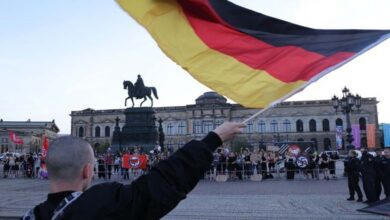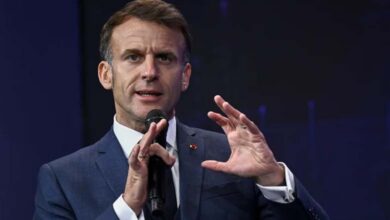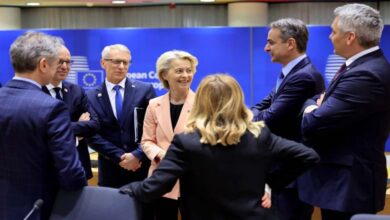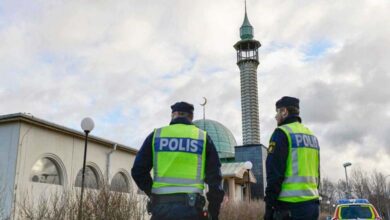Germany Bans Brotherhood-Affiliated Association and Raids Two Others
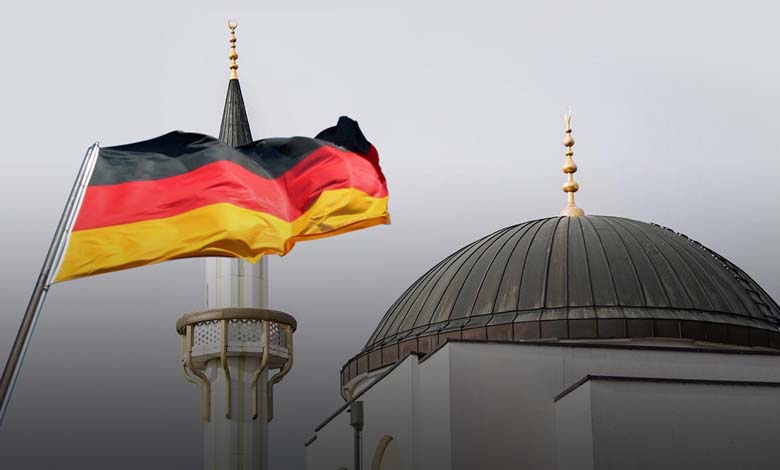
Germany’s Interior Ministry announced on Wednesday the ban of the Muslim Interaktiv association, known for its links to the Muslim Brotherhood, and stated that its assets would be confiscated. The ministry also carried out raids on two additional organizations suspected of promoting political Islam.
-
One of the key religious leaders of the Muslim Brotherhood in Germany and Europe… What do you know about Taha Sulaiman Amer?
-
A press report reveals details of a bill to blockade the Brotherhood in Germany
According to the official statement, authorities conducted searches early this morning at seven properties in Hamburg, as well as twelve more in Berlin and the state of Hesse. These actions are part of preliminary investigations targeting the groups Generation Islam and Realität Islam, both identified by German security services as key promoters of political Islamist ideology.
Interior Minister Alexander Dobrindt said in the statement: “We will not allow organizations like Muslim Interaktiv to undermine our free society with their hatred, to show contempt for our democracy, and to attack our country from within.”
-
Germany’s Muslim Brotherhood between delayed ban and soft confrontation: Is the European equation about to change?
-
Action Plan in Germany: A New Path to Counter the Muslim Brotherhood
The ministry justified the ban by stating that the association’s goals and activities are fundamentally incompatible with Germany’s constitutional order and the principles of international understanding and peaceful coexistence.
Dobrindt referred to a demonstration organized by Muslim Interaktiv in Hamburg, which had at the time been approved by police authorities. During that rally in April 2024, more than 1,200 members reportedly called for “the establishment of a caliphate.”
Muslim Interaktiv is viewed as part of a “new generation” of organizations inspired by the ideology of the Muslim Brotherhood in Germany. Operating primarily through social media, it targets younger audiences with a well-coordinated digital strategy aimed at recruitment, mobilization, and the spread of extremist narratives.


